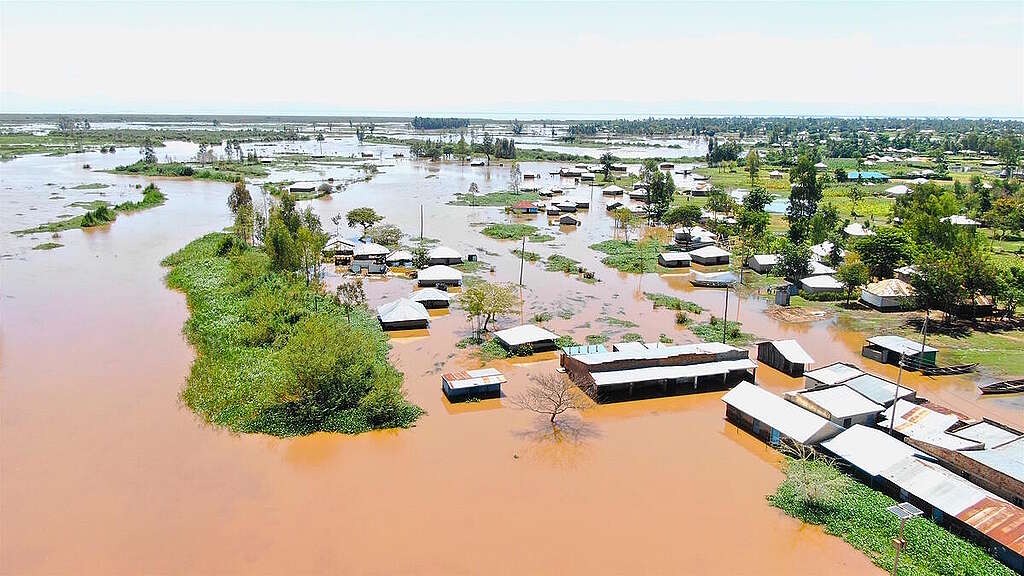
Across Africa, relentless floods are wreaking havoc, uprooting millions and threatening livelihoods from the Sahel to the Great Lakes.
The continent, renowned for its rich natural diversity, now faces a mounting climate crisis as torrential rains grow fiercer and more frequent, overwhelming communities and infrastructure alike.
In 2023 alone, over seven million people in sub-Saharan Africa were affected by flooding, according to the United Nations Office for the Coordination of Humanitarian Affairs (OCHA).
Beyond statistics lie shattered homes, erased villages, and economies thrown into disarray. Climate change stands at the heart of this escalating disaster, with global warming driving extreme weather patterns and unpredictable downpours.
African soils, often parched and degraded, fail to absorb the sudden influx of water, triggering flash floods and landslides.
Yet climate is only part of the problem. Rapid urbanization, often unchecked and unplanned, compounds the risks.
Expanding cities frequently encroach on natural drainage zones, block waterways, and build on vulnerable floodplains, leaving millions exposed.
The toll is severe: annually, thousands lose homes and lives. In 2022, Nigeria alone saw over 600 deaths and 1.4 million displaced by floods. Vital infrastructure falters — schools shutter, hospitals become inaccessible, and social services buckle.
Agriculture, the backbone of many African economies, suffers devastating losses as submerged fields and ruined harvests deepen food insecurity and drive up prices.
Despite the urgency, flood preparedness lags. Early warning systems are scant or ineffective, and many communities lack evacuation plans. Fragmented coordination among agencies and outdated or absent water management infrastructure further hinder responses. Funding shortfalls and institutional weaknesses hamper efforts to establish robust prevention policies.
Mali starkly illustrates this vulnerability. This year, floods claimed at least 12 lives and displaced over 5,300 people. The government has launched aid programs, civil protection efforts, and community alert systems.
Yet previous years’ floods have caused far greater devastation — 76 deaths and hundreds of thousands affected in 2024 alone — underscoring the need for comprehensive national strategies beyond isolated initiatives.
Senegal is similarly struggling. In early August 2025, torrential rains inundated neighborhoods in the holy city of Touba, forcing urgent interventions ahead of a major religious festival.
Persistent weaknesses in sanitation and urban planning leave even major cities ill-prepared to manage such deluges.
The growing scale and frequency of flooding across Africa highlight a critical call to action: without coordinated, well-funded, and sustainable strategies, the cycle of destruction will only worsen, threatening the continent’s people and development for years to come.



